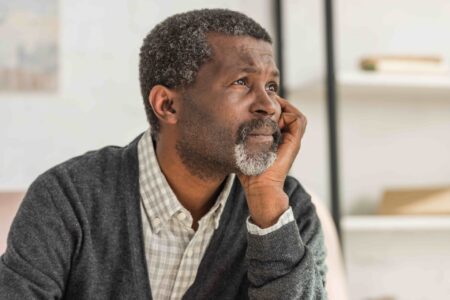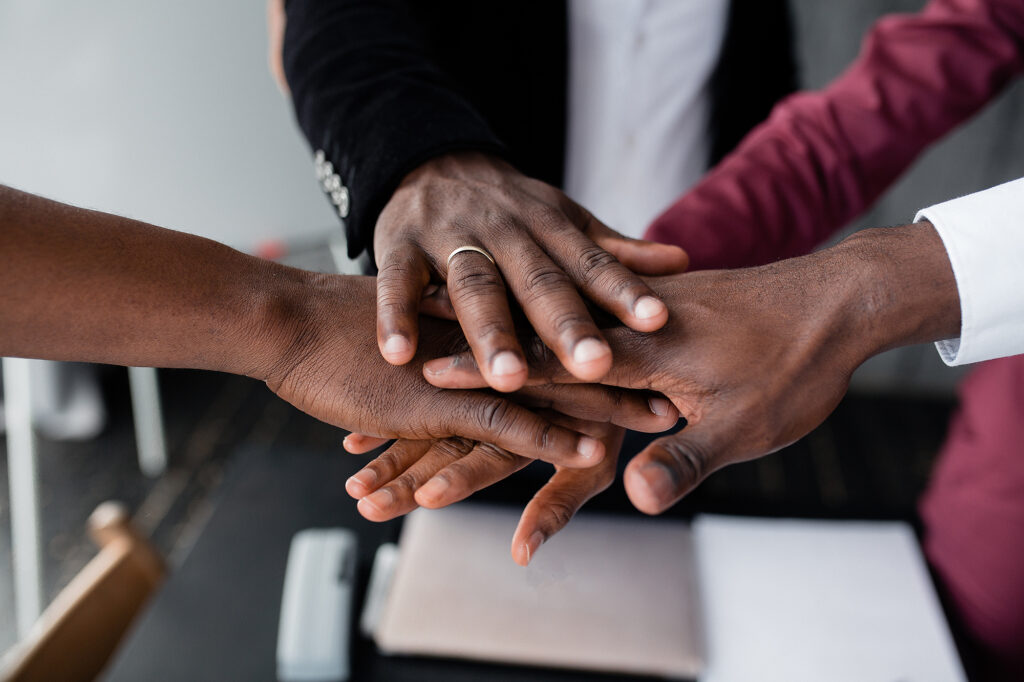Respect For The Aged Day: Why Elder Care Is Vital To The Black Community

[ad_1]
September 18th is Respect For The Aged Day otherwise known as Keirō no Hi or 敬老の日 in Japanese. Observed on the third Monday of every September, this day holds cultural significance in Japan. However, it is profoundly important in the Black community here in the United States and vital for us to understand. We owe a debt of gratitude to the generations that came before us and respect for their health should be a major priority.
After a lifetime of facing racial and health inequities, Black seniors are confronted with the daunting prospect of spending their twilight years with declining health, limited income, and virtually no savings. The disparities in health outcomes, economic opportunities, and access to quality care have placed them at greater risk, particularly during the COVID-19 pandemic. This article explores the critical issues surrounding elder care in the Black community, including the alarming health disparities, cultural norms, and challenges that impact the quality of life for older Black Americans.
Health Disparities

- Chronic Health Conditions: Numerous studies have shown that Black Americans suffer from a higher prevalence of chronic health conditions, including high blood pressure, diabetes, cancer, and Alzheimer’s disease. These conditions not only reduce their life expectancy but also lead to a diminished quality of life.
- Healthcare Access: Generations of racial discrimination have resulted in limited access to quality healthcare for Black individuals. They often receive lower-quality care and face barriers in accessing essential medical services.
- COVID-19 Impact: The COVID-19 pandemic has disproportionately affected older Black Americans, resulting in higher infection and mortality rates. Lack of access to healthcare, distrust of institutions, and comorbidities have compounded the crisis.
Economic Inequities:

- Wealth Gap: Historical economic racism has left many Black seniors with low wages, low homeownership rates, and minimal savings or investments. The wealth gap between Black and white Americans is substantial and continues to grow.
- Retirement Savings: Many older Black Americans lack retirement savings, with fewer participating in employer-sponsored retirement accounts like 401(k) plans. This leads to reduced financial security in their later years.
- Social Security Reliance: A significant portion of Black seniors heavily relies on Social Security as their primary source of income. However, the average Social Security benefit is insufficient to cover essential expenses.
Cultural Norms and Family Dynamics:
- Cultural Values: Providing care for elderly family members is deeply ingrained in Black culture. Many Black caregivers view it as a duty and privilege, to find meaning and purpose in caring for their aging loved ones.
- Strong Community Networks: Historically, Black families have relied on strong community networks, including churches and extended family, to provide eldercare support. This has shaped cultural norms around caregiving.
- Distrust of Institutions: Deep-seated mistrust of healthcare and government institutions, rooted in historical injustices such as the Tuskegee syphilis study, leads many older Black Americans to be hesitant about seeking outside help or institutional care.
Challenges and Solutions:

- Increased Outreach: Healthcare providers and community organizations must engage in targeted outreach to build trust and provide culturally competent care to older Black individuals.
- Economic Empowerment: Initiatives to address economic disparities, improve access to education, and promote financial literacy can help Black seniors accumulate wealth and retirement savings.
- Caregiver Support: Acknowledging the vital role of caregivers, particularly in the Black community, and offering support services, respite care, and educational resources can ease the caregiving burden.
- Culturally Relevant Healthcare: Healthcare professionals should receive cultural sensitivity training to better understand the unique needs and concerns of older Black patients.
Addressing these issues surrounding elder care in our community requires a comprehensive approach that prioritizes healthcare access, economic empowerment, and culturally sensitive support systems. As we strive for equity and justice, it is crucial to ensure that older Black Americans receive the care, dignity, and respect they deserve in their later years.
[ad_2]
Source link
